What Evidence Do I Need for My Injury Attorney?
When facing the aftermath of a personal injury, gathering the right evidence is crucial for your legal representation to build a strong case. Whether your injury is a result of a slip and fall, a traffic accident, or a defective product, solid evidence will support your claims and potentially increase the compensation you receive. In this post, we'll explore the essential types of evidence you should collect to assist your injury attorney in fighting for your rights.
Photographic Evidence
First and foremost, photographic evidence plays a pivotal role in personal injury claims. If you're capable, take immediate pictures of the accident scene, injuries sustained, and any contributing environmental factors, such as wet floors or faulty equipment. Clear and detailed photographs can capture the initial conditions which might later be altered or repaired, making them powerful tools for your lawyer. Capturing the scene from multiple angles ensures a comprehensive visual record to substantiate your account of the incident.
Medical Records and Documentation
Furthermore, medical records are indispensable in laying the foundation of your injury claim. These documents not only confirm that an injury occurred, but they also detail the severity and potential long-term impact. Promptly seeking medical attention is crucial, as delays might suggest your injury is not as severe as claimed. Keep all receipts and prescriptions, and maintain a record of all healthcare professionals you consulted. A consistent and thorough medical documentation trail will be pivotal for your injury attorney to showcase the full extent of your injuries.
Witness Testimonies
Personal accounts from witnesses can profoundly impact the outcome of injury claims. If there were any bystanders or individuals who can attest to the incident, their statements could corroborate and strengthen your narrative. Witness accounts are particularly valuable for emphasizing details that might otherwise be disputed. Encourage witnesses to document their observations in writing as soon as possible, ensuring key details are not forgotten. Their unbiased perspectives can provide crucial support to your case.
Expert Testimonies
In some instances, expert testimony may be necessary to clearly communicate complex aspects of your case to a judge or jury. Experts such as medical professionals, accident reconstructionists, or product engineers can lend credibility and clarity. For example, according to the Consumer Product Safety Commission (CPSC), floors and flooring materials contribute directly to more than 2 million fall injuries each year. An expert might help in explaining how certain flooring could lead to increased risks of such accidents, supporting claims of negligence or product defects. Your injury attorney can help identify and engage the right experts to fortify your claim.
Financial Documentation of Losses
Another piece of critical evidence often involves meticulous documentation of financial losses incurred due to the injury. Compile all records related to lost wages, job benefits, and potential future earnings affected by your injuries. If your injury impacts your ability to work or results in significant time off, these financial losses should be meticulously recorded. Keeping a detailed journal of how the injury has affected your daily life, both personally and professionally, can further illustrate the case's impact beyond mere financial metrics.
Surveillance and Security Footage
Additionally, surveillance and security footage can be invaluable when substantiating your injury claim. If the accident took place in an area with security cameras, such as a store, parking lot, or public space, securing this footage can offer clear, unbiased evidence of the incident. Videos can help show the exact sequence of events leading to your injury, providing a visual record that supports your narrative. Your lawyer can assist in requesting and reviewing this footage to make sure it aligns with your claim.
Assembling the right evidence is paramount for your injury attorney to build a compelling case. From capturing photographic evidence and obtaining precise medical records to securing witness testimonies and expert insights, every piece of evidence plays a crucial role in shaping the narrative. Meticulous documentation of your injury's financial toll will further substantiate your claims. Gathering this comprehensive portfolio of evidence will not only support your claims but also assist your lawyer in negotiating the fair compensation you deserve. If you are dealing with the aftermath of a personal injury, contact Harris Injury Law to discuss how we can help you gather the evidence needed to build a strong case.

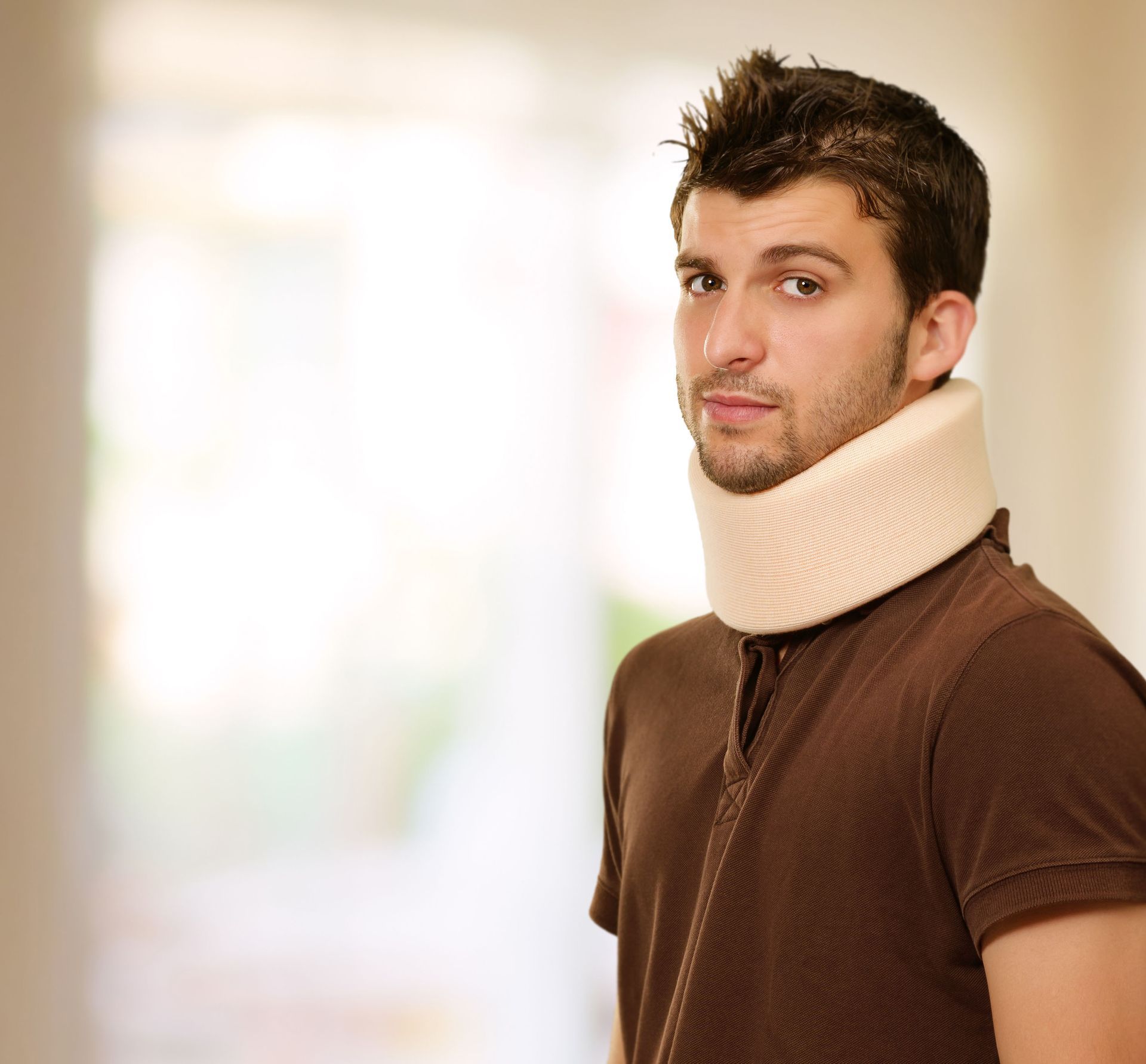



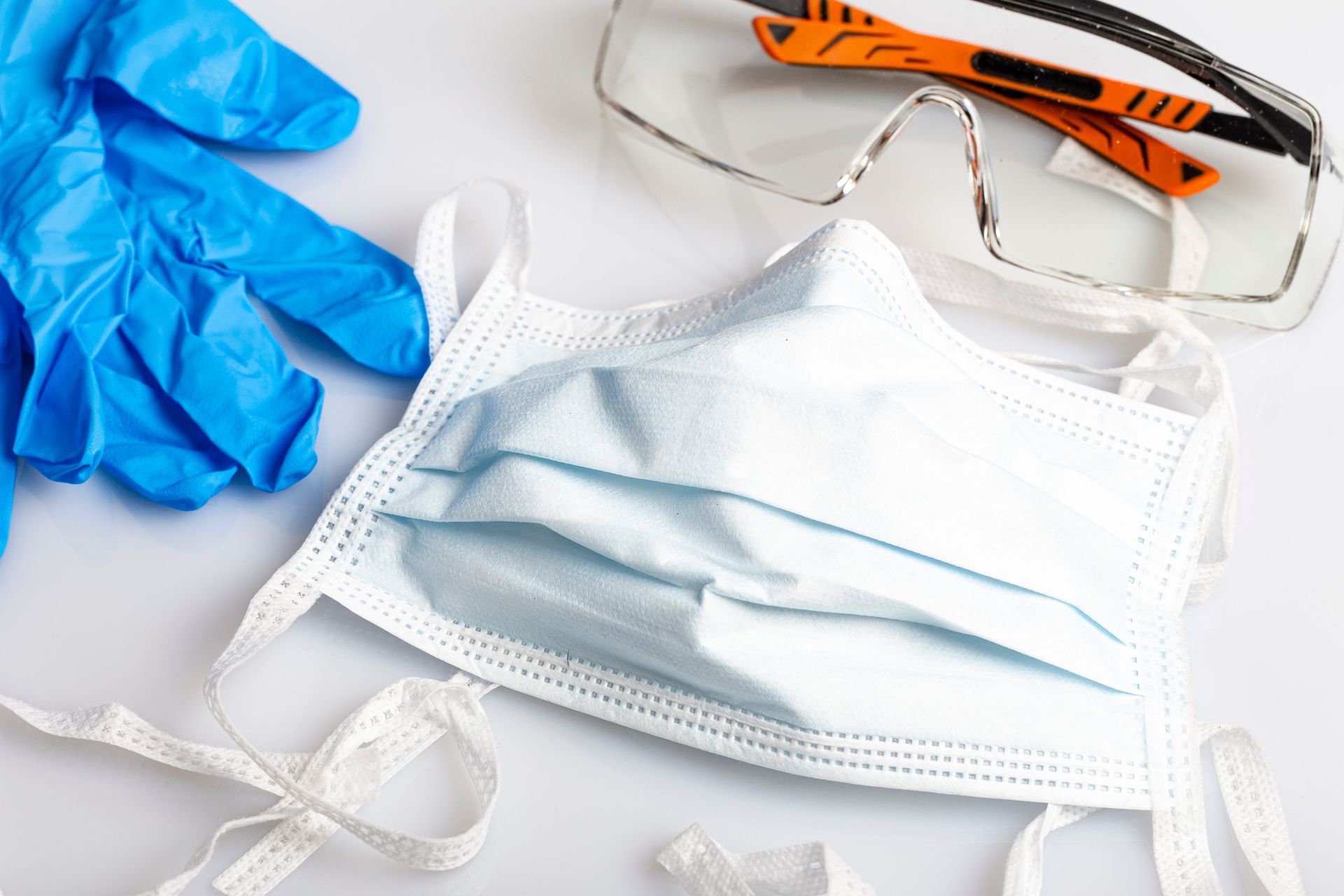

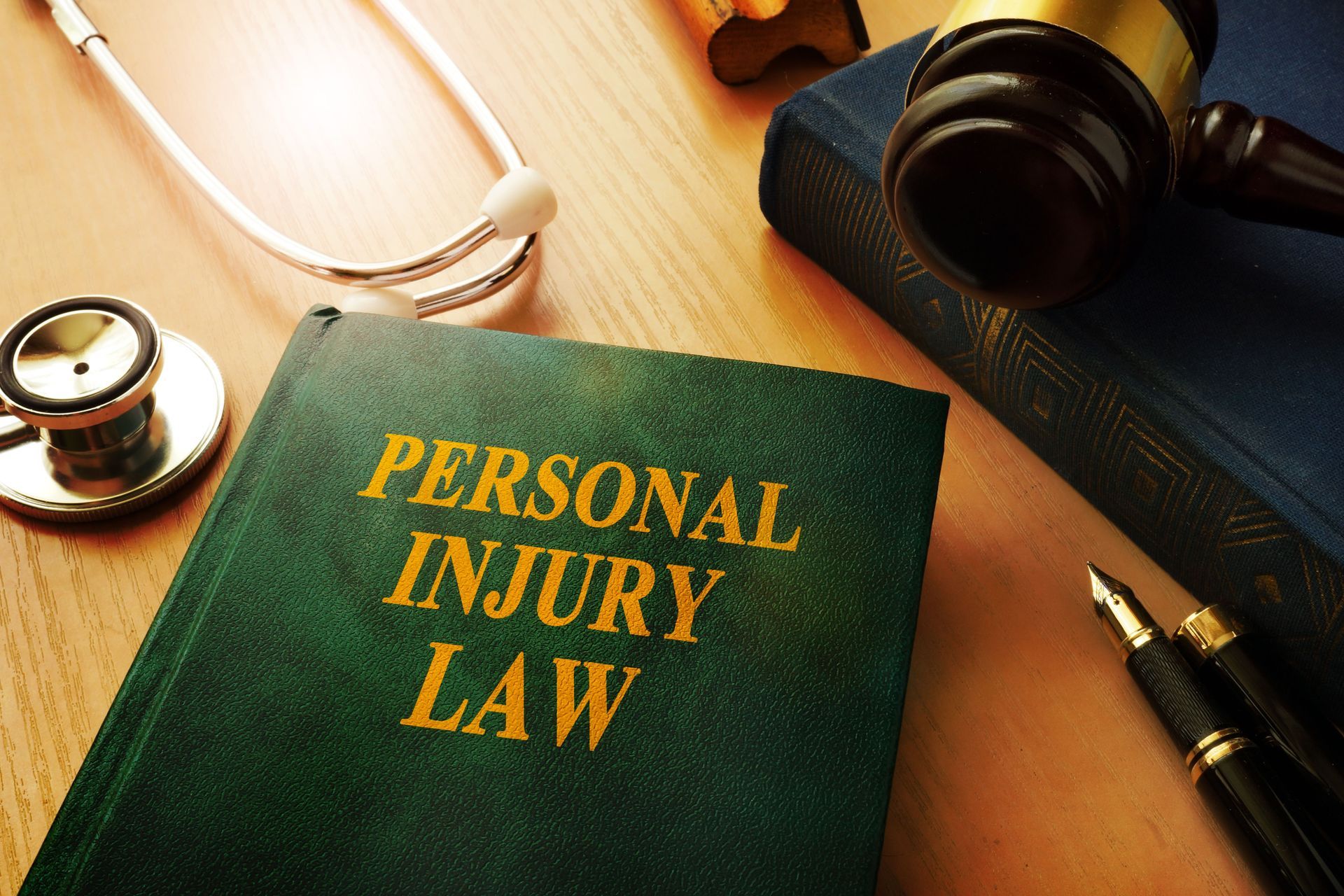
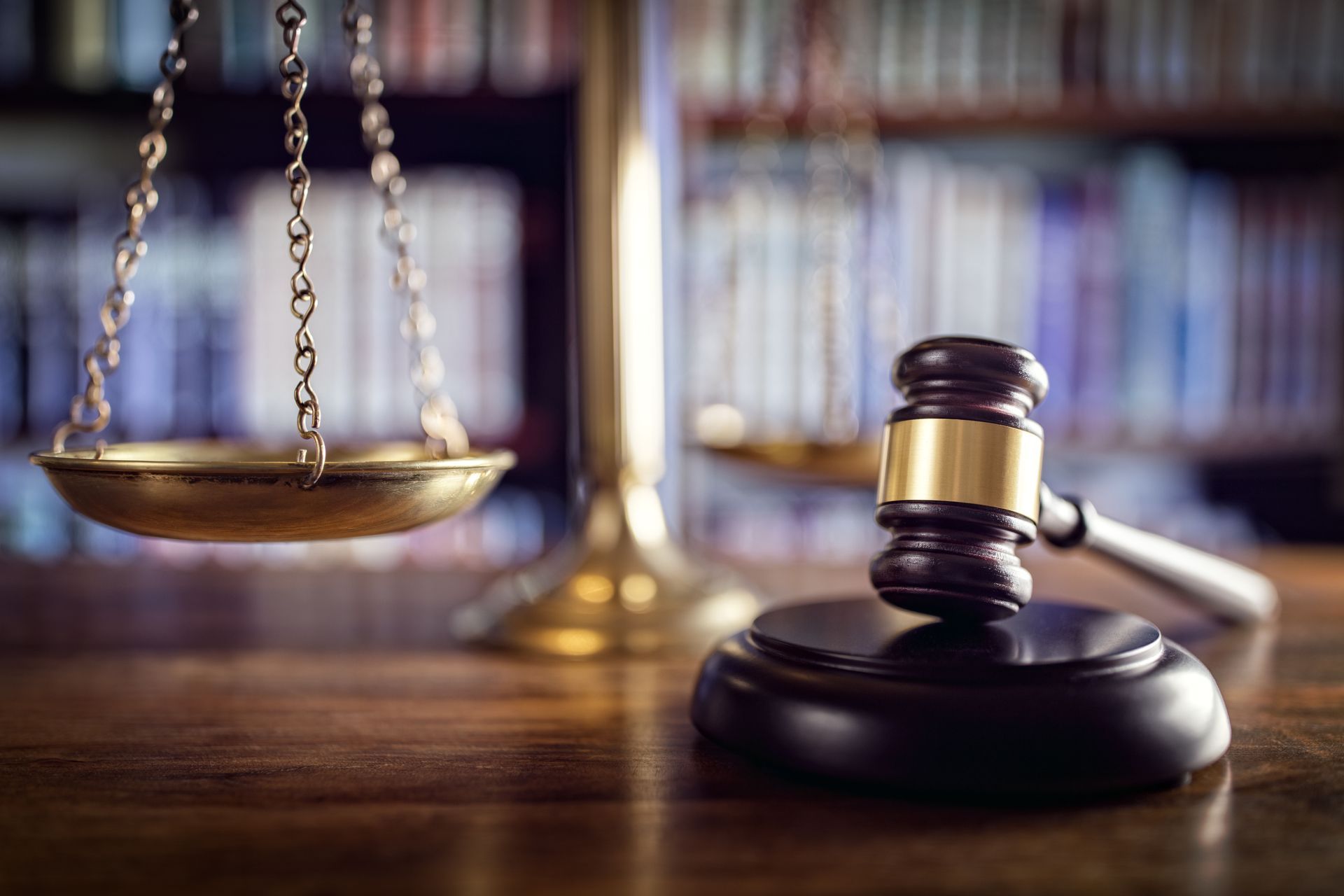
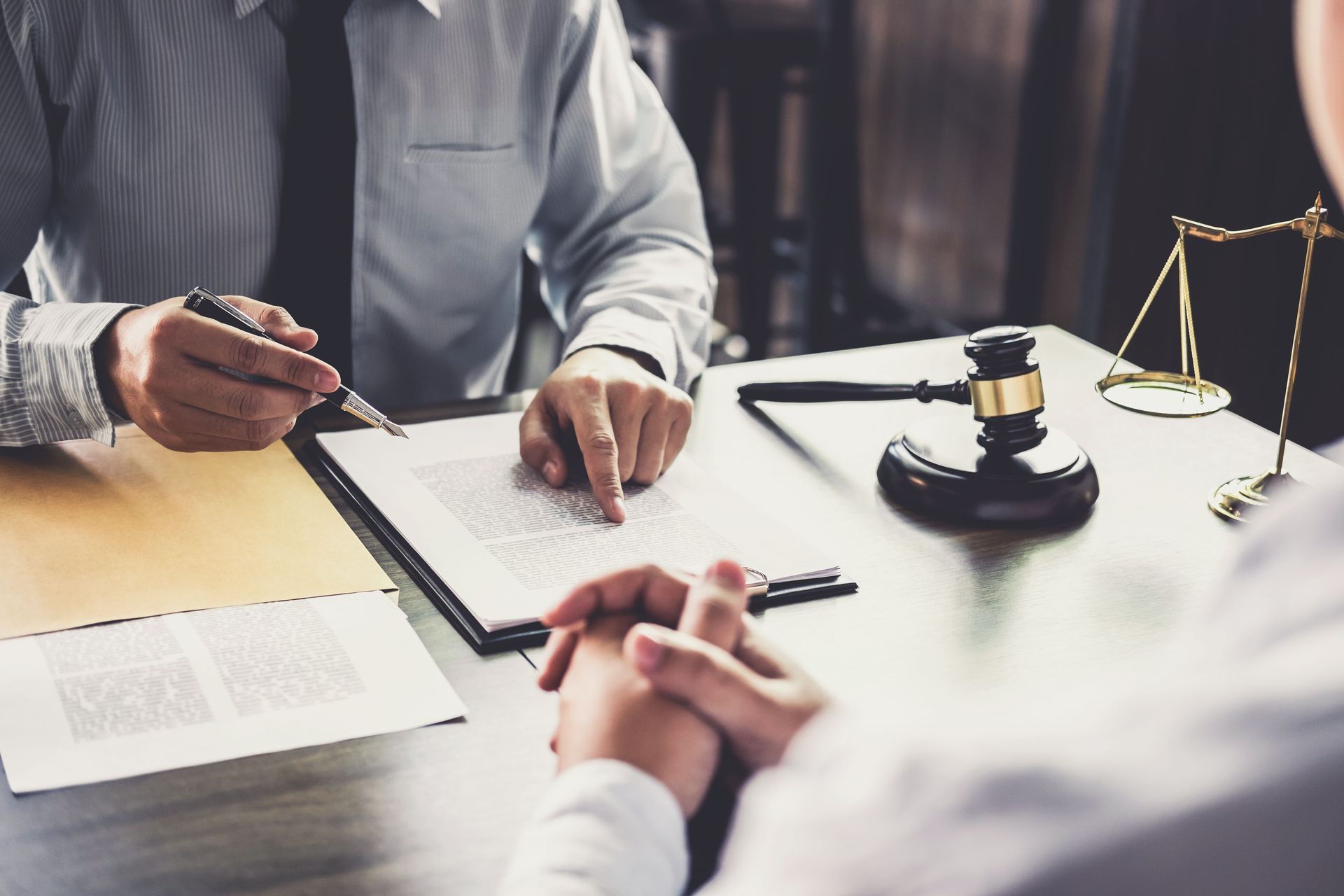
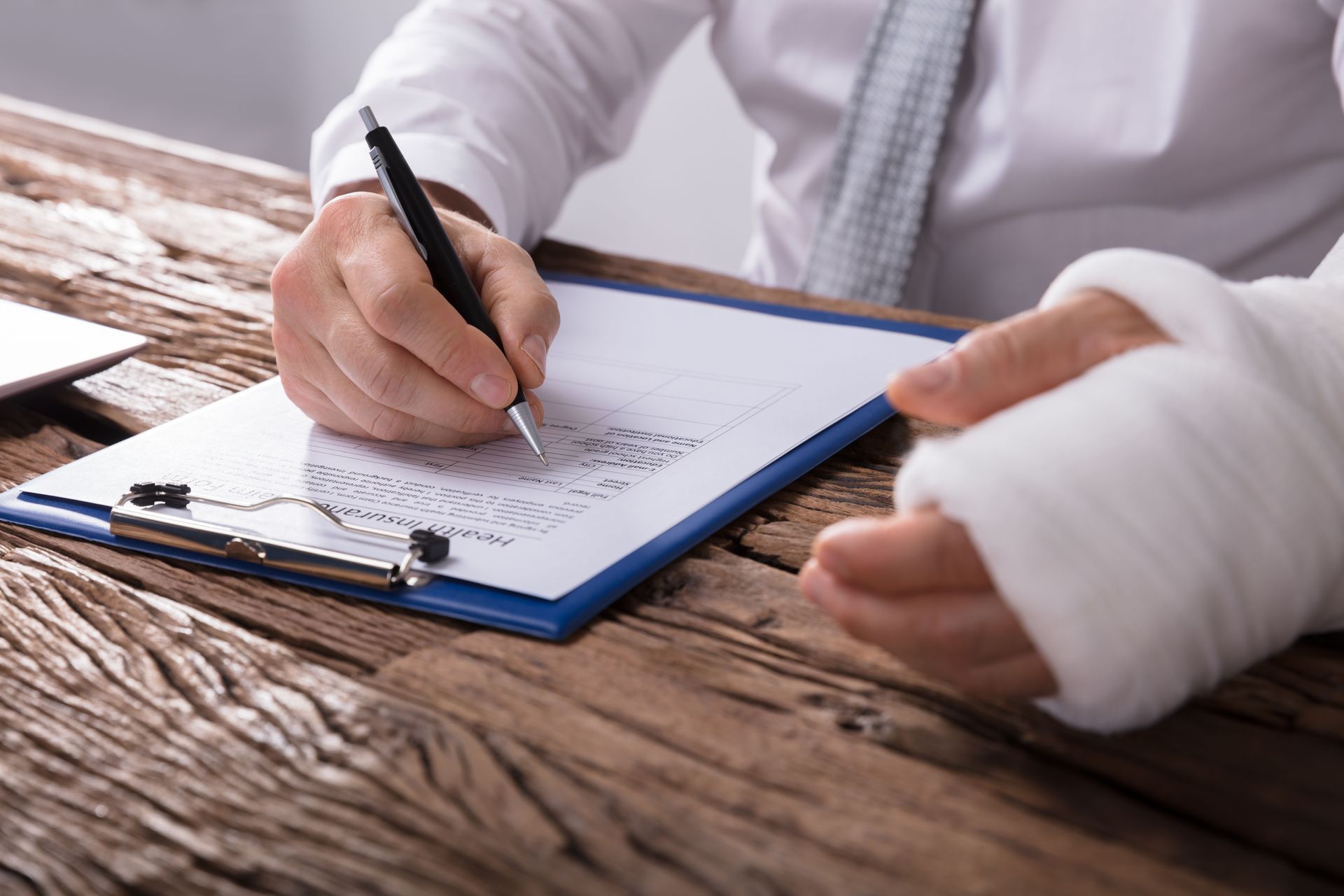




Share On: